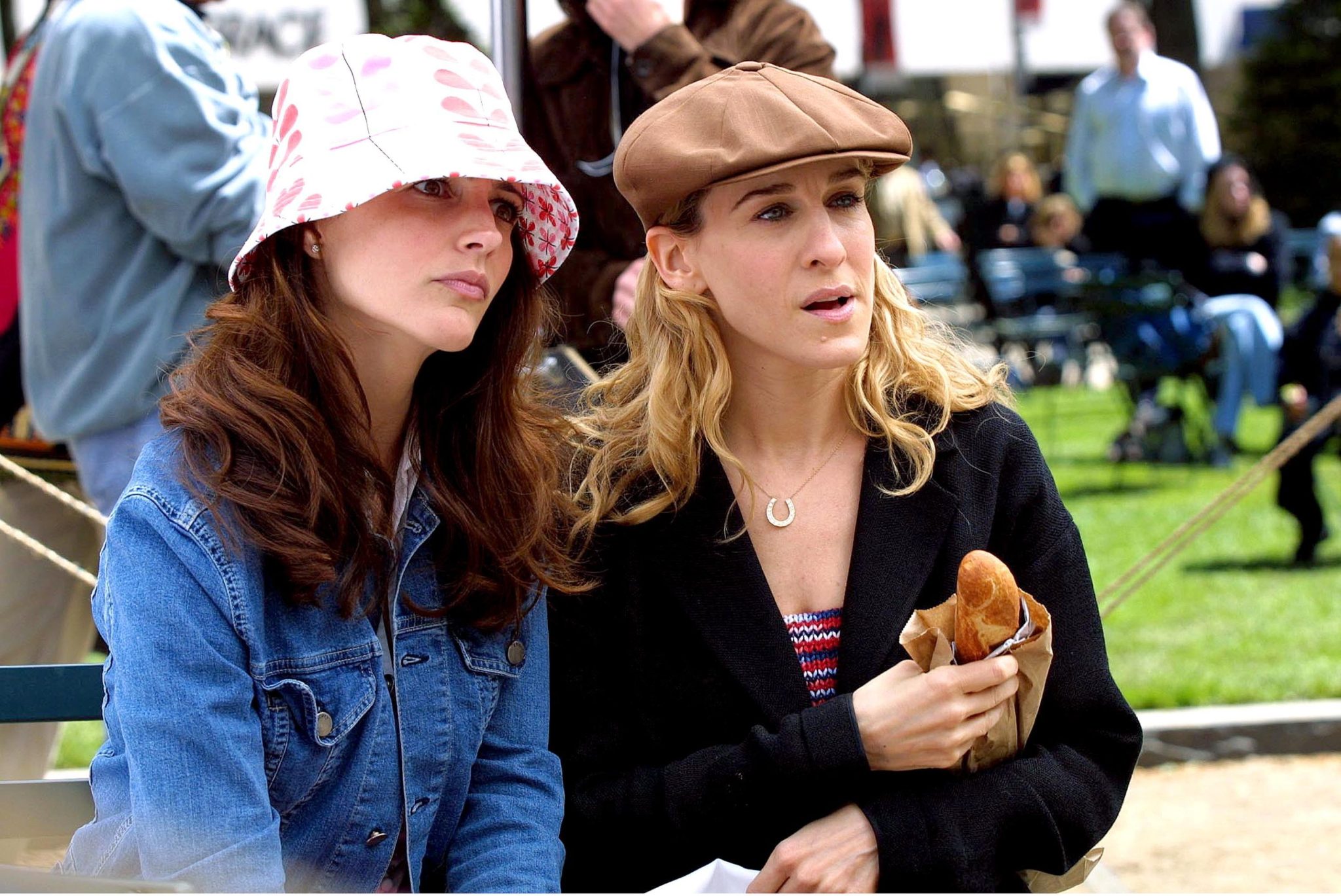
Being thirty, flirty, and thriving can be an uphill battle for single women these days. Weighed down by the persistent pay gap, unpartnered women have found that while being independent is an easy feat, achieving financial independence is a more difficult task in a patriarchal society.
More than a third (36%) of women don’t feel financially stable, according to a new survey of around 2,000 women by Qualtrics on behalf of personal finance company Credit Karma. Those in couples are feeling less of a crunch, as 34% of partnered women report a lack of financial security compared to 40% of single women.
Wages have struggled for years to compete with the cost of high inflation, and that’s not even factoring in the pervasive wage gap. Still earning 16% on average less than men, women feel the strain from a volatile economy all the more keenly. Scraping to get by, many single ladies don’t have enough for an emergency, at 29% compared to 20% of partnered women.
In 2021, the number of single women stood at a record high of 52%, according to a Wells Fargo Economics report. Released in 2023, the report finds that while the number of single women in the workforce has rapidly increased, their journey to autonomy and building wealth remains elusive. Despite working more than ever, the pay disparity and lower earnings mean that women who were never married have a wealth gap of 29%. Spending power seemingly only increases when they couple up. While some people report to Credit Karma that they spend more when in a pair; a greater number of women (49%) in a relationship say that they’re able to spend more by nature of dating or being married to someone than when they were single.
“We’re seeing many women prioritize their careers over other life milestones, like getting married and having kids,” consumer financial advocate Courtney Alev tells Fortune. “These women are likely in pursuit of higher titles and higher incomes. However, they still earn significantly less than men on average, which can hold them back from reaching certain financial goals.”
Of course, women with kids also still take on the brunt of childcare work due to the motherhood penalty and gendered assigned labor roles. Despite reaching a record in labor force participation at the turn of the millennium in 1999, the number of working women has tapered as of late. With an ongoing crisis in affordable care, women are further pushed to depend on their partners or leave the workforce entirely. This impacts not just their career earnings down the line but also their ability to build their own wealth and even retire.
This predicament where women are set back from their monetary and career goals is “especially true for single women who don’t have the luxury of sharing the cost of household bills and expenses, meaning more of their paychecks are going toward essentials and less towards saving,” adds Alev.
That might be why almost half (47%) of single women tell Credit Karma that sustaining themselves on just one source of income is a “major source of stress.” While most single women (65%) are confident they can reach their financial milestones alone, 26% note that it’s no walk in the park and say that in this economy “it’s too expensive to be single.” Struggling to go on vacations or unwind by dining out, more than a third of single women have a more dire situation, too, as they report having a hard time affording basic necessities. It also means that more single women are forced to live at home in order to save up. Even so, they have less emergency savings than their coupled-up counterparts.
Modern-day single women are in a bind— and some are forced to go into the negatives to deal with the very antiquated salary discrepancies colliding with 21st century cost of living. Almost one-in-10 (9%) single women have gone into debt, increasing to 17% for single Gen Zers. Furthermore, supporting other women’s coupledom is also not just an added financial drain. Already struggling to afford their own expenses, 21% of single women say “they’re sick of spending money on their friends’ life milestones,” like engagements or increasingly expensive bachelorette parties.
The financial strain of singledom folds into womens’ life choices. It means that 13% of single women report they’d like a partner for their money, which is a greater priority for the more economically vulnerable Gen Zers and millennials. And 24% of single women who are looking to be in a couple report financial factors to be a motivator in this desire. In a couple or not, most women are just looking to get by, as the number milestone for them is being debt-free. Whether they’re focussing on their career, relationship, or something else entirely, women’s second goal is basically to catch a break, as they’re looking to travel or take some time off.
Even so, women in couples are not necessarily leaning on someone else— 47% of coupled women say they’re financially independent and 25% say they outearn their partner. But an extra salary can simply help buffer the sting of the economy. “ It’s increasingly difficult for people to make ends meet — especially single women who live off of one income,” says Alev.

